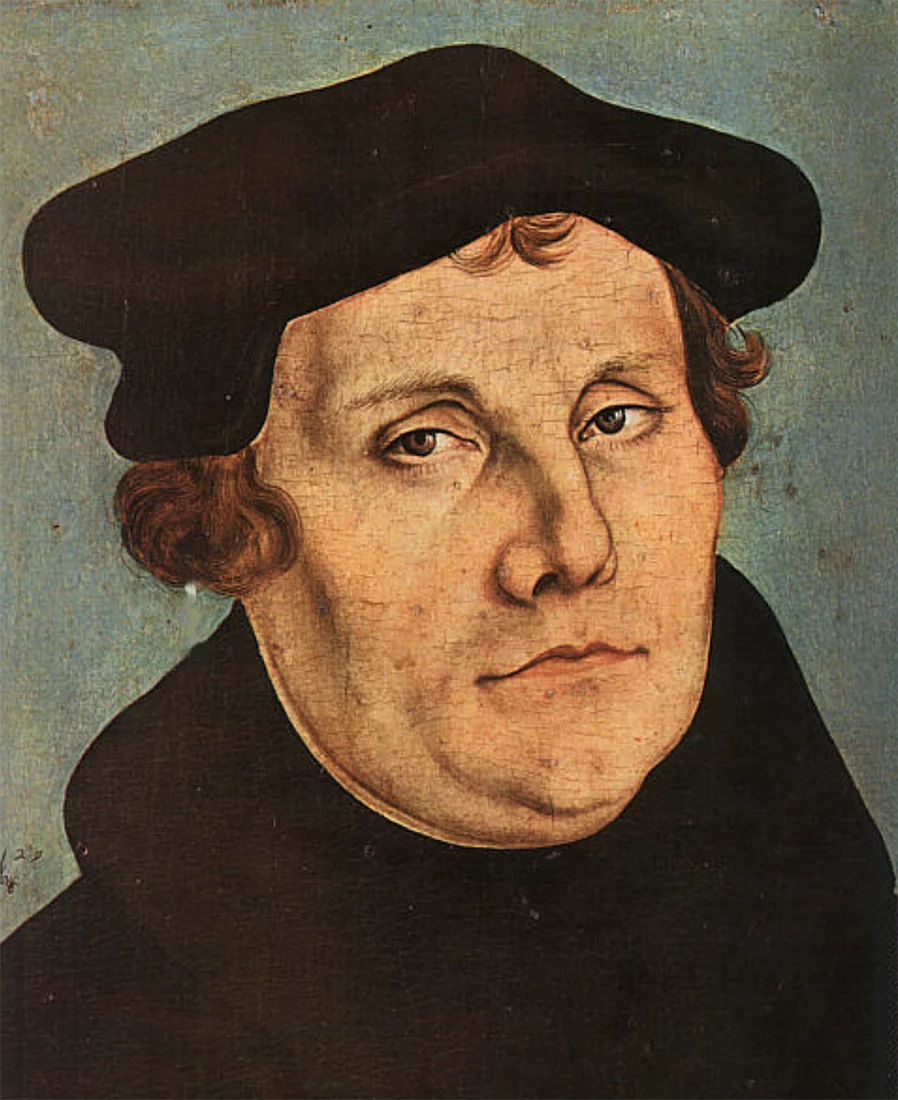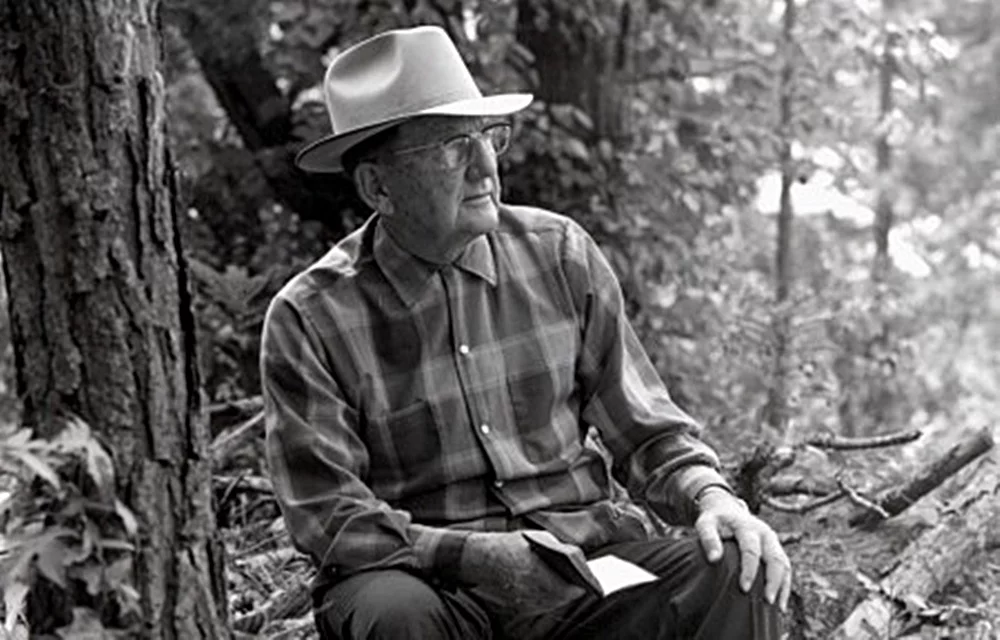The impact of John’s life and work – particularly translating the Bible into the language people understood – has been historic and worldwide, and it continues to the present day.
Given how Church history developed after John’s death he has been called the ‘Morning Star of the Protestant Reformation’. His translation work and teaching were taken up by Jan Hus in Prague (who was burnt at the stake by the same church council that declared Wycliffe a heretic in 1415) and then by Martin Luther.





